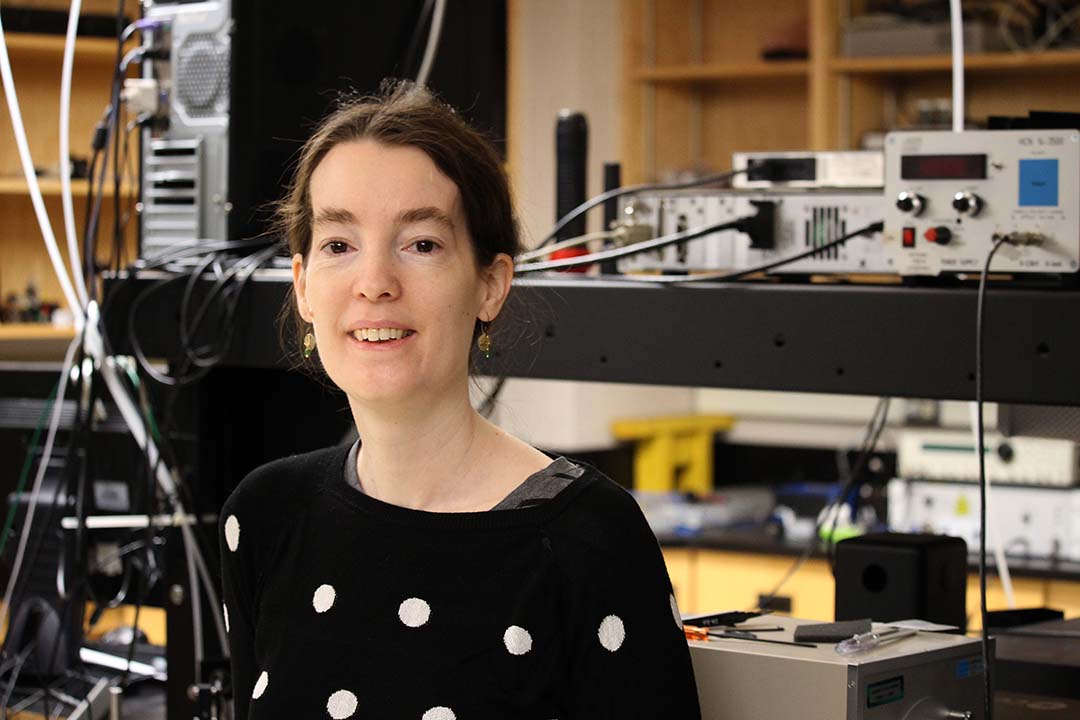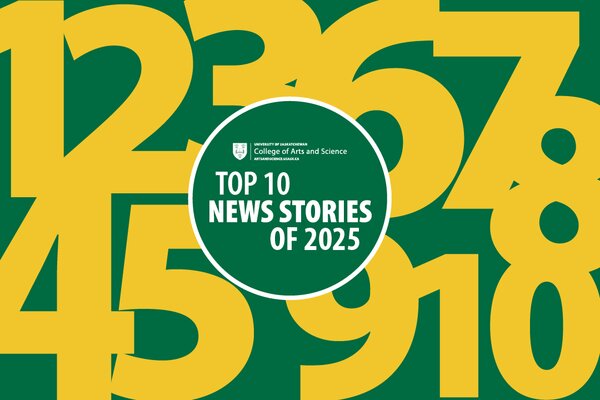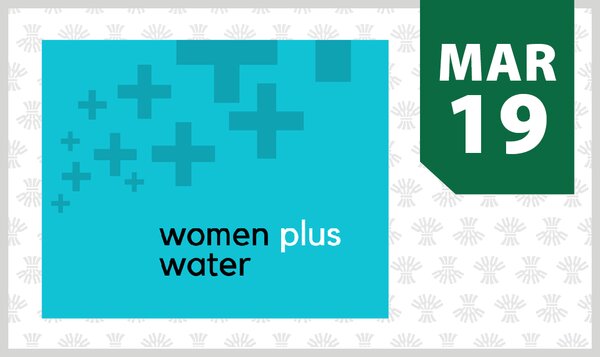
Women and girls in STEM: ‘Different perspectives are always good’
USask chemistry assistant professor reflects on gender divide in STEM-related studies
By Kristen McEwen
During her academic and scientific career, Dr. Amy Stevens (PhD) has sometimes found herself to be the only woman in the room.
“Ever since I was in high school, I just followed what I liked,” Stevens said. “Chemistry and physics made sense to me, and it was logical.”
Stevens is an assistant professor in the Department of Chemistry at the USask College of Arts and Science. Her current research is focusing on folding DNA strands into different shapes to observe how nanoparticles interact. By observing how these microscopic particles interact, this information can inform how pharmaceuticals or drug therapies are developed or delivered into a body, she explained.
The International Day of Women and Girls in STEM (sciences, technology, engineering and mathematics) is recognized each year on Feb. 11. According to the United Nations, women made up 33 per cent of researchers in 2018 and are a “minority in digital information technology, computing, physics, mathematics and engineering.”
In her academic career, Stevens has faced the narrative that her chosen area of study is geared towards men or perceived as a “male-dominated field.”
Originally from the United Kingdom, Stevens lived in Ireland since she was young. She attended Trinity College in Dublin for her undergraduate degree.
Stevens recalled once seeing a poster hanging on the wall of a room in the physics department. The poster depicted two older men as physics professors talking to one another. The first professor said, “Do we have problems with women in physics?” The second professor replies, “No, we don’t have any.”
Though the poster has stuck with her—noting that the image was possibly commentary on gender disparity in the field—Stevens never felt deterred from pursuing her interests.
As she started her PhD program at the University of Oxford in England, she wanted to try something she had never considered before—lasers.
“I ended up in a laser lab during my PhD and I’ve steadily done more and more complicated laser things as I’ve gone along.”
Stevens explained that her research also includes targeting molecules with lasers—seeing where energy is going when the lasers interact with the molecules. Her laboratory also conducts basic research in the characterization of molecules, their interactions and if they change as a result.
Stevens’ research is part of the university’s signature research area: Quantum Innovation. Stevens is also a member of the Centre for Quantum Topology and Its Application (quanTA) at USask, as well as the review editor in Quantum Optics for Frontiers in Photonics.
“There’s no difference between women and men—they bring something really important (as scientists)—different perspectives are always good.”
Stevens noted that she has participated in community engagement opportunities by speaking at elementary schools in Saskatoon to help foster an interest in chemistry, physics and quantum innovation. She added that everyone in a Grade 3 classroom she visited was equally engaged in the topic—no matter their gender.
“Everyone is putting their hands up, everyone is asking questions. It’s something, where later in life, it seems that there’s this idea that (science) a real ‘male’ area,” Stevens said. “But at a young age, they don’t know that and it’s something they learn.
“I think from all the girls and women I’ve known who are in science—I mean, they’re amazing scientists and there’s no reason why they shouldn’t be here.”
Stevens had advice for young women and girls interested in pursuing science-based professions.
“Just because you don’t see yourself in that field, or see someone that looks like you, doesn’t mean you don’t belong there,” she said.
“I never knew I would end up here (in my career),” Stevens added. “I think if you follow your passion and do something you really, really like, you’re going to be successful.”
Together, we will undertake the research the world needs. We invite you to join by supporting critical research at USask.


